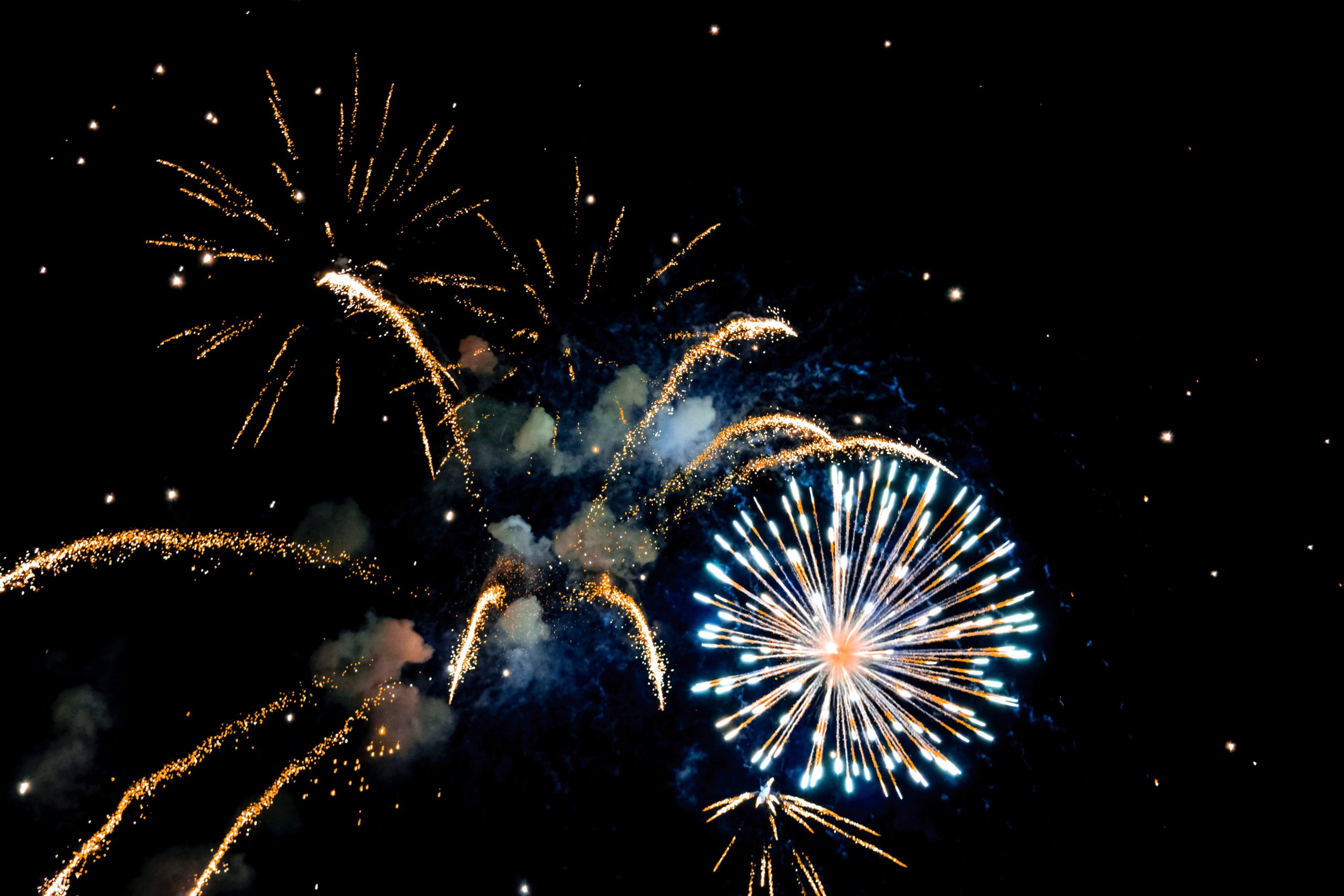- DUI
- Criminal Defense
- Florida DUI
- Traffic Offenses
- Drug Charges
- Marijuana Charges
- Violent Crimes
- Domestic Violence
- Temporary Injunctions
- Weapons Charges
- Theft Crimes
- White Collar Crime
- Juvenile Offenses
- Sex Crimes
- Violation of Probation
- Early Termination of Probation
- Seal or Expunge Criminal Record
- Criminal Appeals
- US Federal Offenses
- Misdemeanor Charges
- Felony Charges
- Co-Defendant Cases
- College Student Defense
- College Student Hearings
- FSU Students
- FAMU Students
- Florida Panhandle Arrests
- Extradition to Florida
- Bench Warrants / Warrants
- Emergency Bond Hearings
- Gambling Charges
- Drone Arrests
- Marsy’s Law
- UAS Infractions
- Introduction of Contraband
- Lying to Police
- Locations
- Case Results
- Our Firm
- Media
- Resources
- Blog
- Contact Us
How Fireworks Can Lead to Explosive Legal Repercussions in Florida
June 29, 2021 Don Pumphrey, Jr. Criminal Defense Social Share
What is a Firework?
Nearly everyone has seen fireworks in the sky, but with the Fourth of July approaching, it’s important to know the nuances behind the use of fireworks that can lead to legal trouble. Chapter 791 of the Florida Statutes outlines the rules and regulations of the sale and use of fireworks. Under Section 791.01, fireworks include “any combustible or explosive composition or substance or combination of substance or, except as hereinafter provided, any article prepared for the purpose of producing a visible or audible effect by combustion, explosion, deflagration, or detonation.” The term also includes blank cartridges and toy cannons in which explosives are used, balloons that require fire underneath to propel them, firecrackers, torpedoes, skyrockets, roman candles, dago bombs, and any fireworks containing any explosives or flammable compound, any tablets, or other device containing any explosive substance.[1]
Statutory Parameters & Penalties
It is not a criminal offense to have fireworks in your possession, however, Section 791.02 of the Florida Statutes states that it is unlawful for any person, firm, copartnership, or corporation to offer for sale, expose for sale, sell at retail, use or explode any fireworks without first obtaining a permit from the Board of County Commission. Each display that is granted a permit must be handled by a competent operator who is approved by the police and fire departments of that municipality.[2] In addition, each display is held to the safety standards of the National Fire Protection Association (NFPA), but states, counties, and specific municipal laws, rules, and ordinances are allowed to provide additional regulations for firework displays in their jurisdiction.[3] Failing to abide by this law will result in a first-degree misdemeanor punishable by up to one year in jail and a $1,000 fine.[4] Firms, copartnerships, or corporations found guilty of violating this law will be subject to a $1,000 fine.[5] In order to issue a citation or make an arrest, police must witness the fireworks being set off. Police officers may seize, take or remove all stocks of fireworks or combustibles offered or exposed for sale, stored, or held in violation of Chapter. 791.[6] Because these rules are hard to enforce, it is common for cities to pass their own ordinances that regulate the sale of fireworks.
Exceptions
Interestingly, Chapter 791 exempts the wholesale of fireworks if they are used solely and exclusively in frightening birds from agricultural works and fish hatcheries, and such use is governed by the rules prescribed in the Department of Agriculture and Consumer Services.[7] The waiver that you sign when you buy fireworks from a stand or store will often include this exception, and you will have to confirm that you are buying fireworks for agricultural reasons. This waiver protects the vendor from liability, but not the buyer if they are caught using them for different purposes. Furthermore, the sale of fireworks that are delivered to out-of-state entities or to other manufacturers, distributors, or wholesalers are also exempt. Fireworks are also exempt from the rules within the Chapter if they are used by railroads or other transportation agencies for signal purposes or illumination or when used in quarrying or for blasting or other industrial use.[8] Undoubtedly the most important exception for individuals looking to celebrate holidays with fireworks was enacted on April 8, 2020, when Governor Ron DeSantis signed a bill that establishes three designated holidays when setting of fireworks is permitted–January 1, July 4, and December 31[9]. These designated holidays do not supersede local ordinances, such as ones implemented by homeowner’s associations. However, the law states that homeowner’s associations cannot create new rules to abrogate a homeowner’s right to use fireworks during a designated holiday.
How Can We Help?
Criminal charges and fines are the last thing anyone wants to deal with when they’re celebrating an occasion with fireworks. If you or a loved one have run into trouble for the use of fireworks, it’s imperative you seek the legal advice from an experienced defense attorney who is well-versed in Florida law. Contact a Tallahassee criminal defense lawyer as soon as possible to explore your options and ensure you are provided the best defense possible. Don Pumphrey and the members of the legal team at Pumphrey Law Firm are extensively educated Florida’s fireworks laws and will be adamant in pursuing justice on your behalf. Call a defense attorney today at (850) 681-7777 or send an online message to discuss your options during an open and free consultation with an attorney in our legal team.
This article was written by Sarah Kamide
[1] Id.
[2] Id.
[3] Fla. Stat. 791.012
[4] Fla Stat. 791.06
[5] Id.
[6] Fla. Stat. 791.05
[7] Fla. Stat. 791.07
[8] Id.
[9] Bill on Fireworks-CS/CS/CS/SB 140












